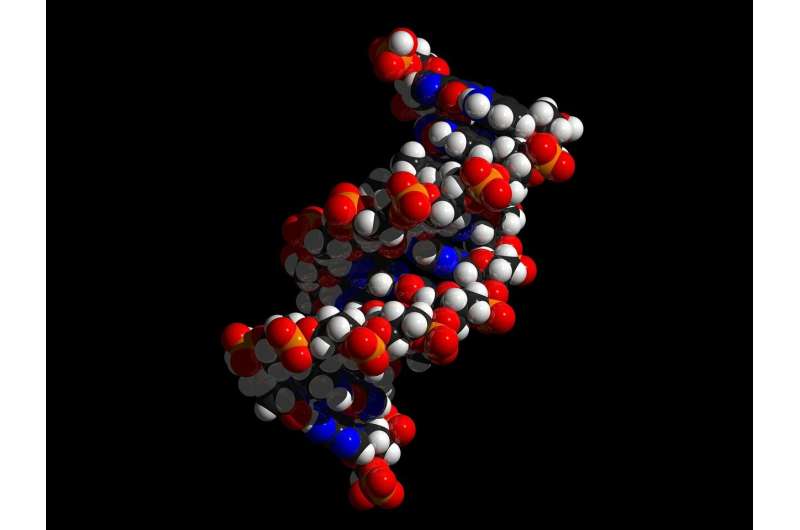Scientists find many gene 'drivers' of cancer, but warn: Don't ignore 'passengers'

A massive analysis of the entire genomes of 2,658 people with 38 different types of cancer has identified mutations in 179 genes and gene regulators as "drivers"—variations in DNA sequences that lead to the development of cancer.
The work is part of the Pan-Cancer Analysis of Whole Genomes (PCAWG) project, one of the most comprehensive cancer genomics studies to date, involving scientists from 17 countries and more than 30 papers, including several by Yale faculty published in multiple journals earlier this month.
While drivers accounted for a large percentage of the cancer cases analyzed, they did not explain all. Some scientists, including Yale's Mark Gerstein, now believe that to capture a more panoramic view of cancer progression, they need to pay more attention not only to classical genetic drivers but also to "passengers"—the thousands of non-driver mutations that constitute the overwhelming majority of mutations observed in a typical cancer genome. Historically, scientific consensus has held that these play no role in tumor growth.
"Many of these mutations can have small individual effects but an appreciable cumulative effect, on cancer development," said Gerstein, the Albert L. Williams Professor of Biomedical Informatics; professor of molecular biophysics & biochemistry, of computer science, and of statistics & data science; and senior author of a paper in Cell published Feb. 20 that outlines the role of passengers in cancer development.
Understanding the genetic roots of how cancer cells form from healthy cells, replicate, and migrate to different organs and how this process varies between tumor types and between individuals is crucial for devising new strategies to combat cancer, one of the leading causes of death worldwide.
Gerstein, Sushant Kumar, associate research scientist in Gerstein's lab, and colleagues decided to consider the role of "passengers" in cancer development. In the paper in Cell, they report on experiments intended to show whether passenger mutations could help explain the 10% of cancer cases in which researchers found few or no clear genetic drivers. They found that a subset of passengers has significant impact on genomic regions—often as much impact as drivers—and collectively can have an appreciable effect on tumor growth.
The Yale team also conducted a focused, statistical analysis of eight different cancer types, detecting a cumulative effect of passengers on development of these cancers beyond that which could be explained by drivers alone. Overall, their analysis showed an additional 9% contribution of the passengers in predicting the whether a given sample was indeed cancerous.
Gerstein stressed that some of these passenger variants can actually help hinder cancer development, as opposed to triggering tumor growth. Understanding the full role of passengers could help scientists develop therapies precisely targeted to the individual mutations in a particular person's cancer genome, the authors say.




















